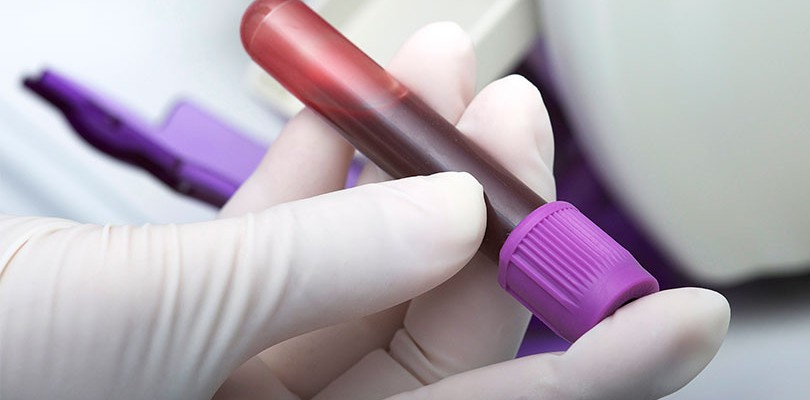
Photo Credit: Gab13 / iStockPhoto.com
10. Anemia and Abnormal Blood Tests
The presence of abnormal blood test results help health care professionals diagnose lupus. A reduced red blood cell count, or anemia, is common. Signs of anemia include paleness, fatigue, shortness of breath, and sensitivity to cold temperatures.
The white blood cell count may be low. This increases a person’s susceptibility to infection.
The erythrocyte sedimentation rate, ESR, may be elevated. However, an elevation of the ESR is not a conclusive test for lupus, as it may be elevated in the presence of a wide range of health problems.
Tests are done to evaluate how the liver and kidneys are functioning as lupus may affect these organs. Abnormal liver or kidney function test results may be present in the presence of lupus.
Antinuclear antibody, ANA, test results may be elevated. This indicates an overly stimulated immune system. If the ANA is elevated, more specific antibody testing is usually indicated.
Why do our stomachs growl? As it turns out, most of the time the growling is actually occurring in the intestines, not in the stomach at all!







